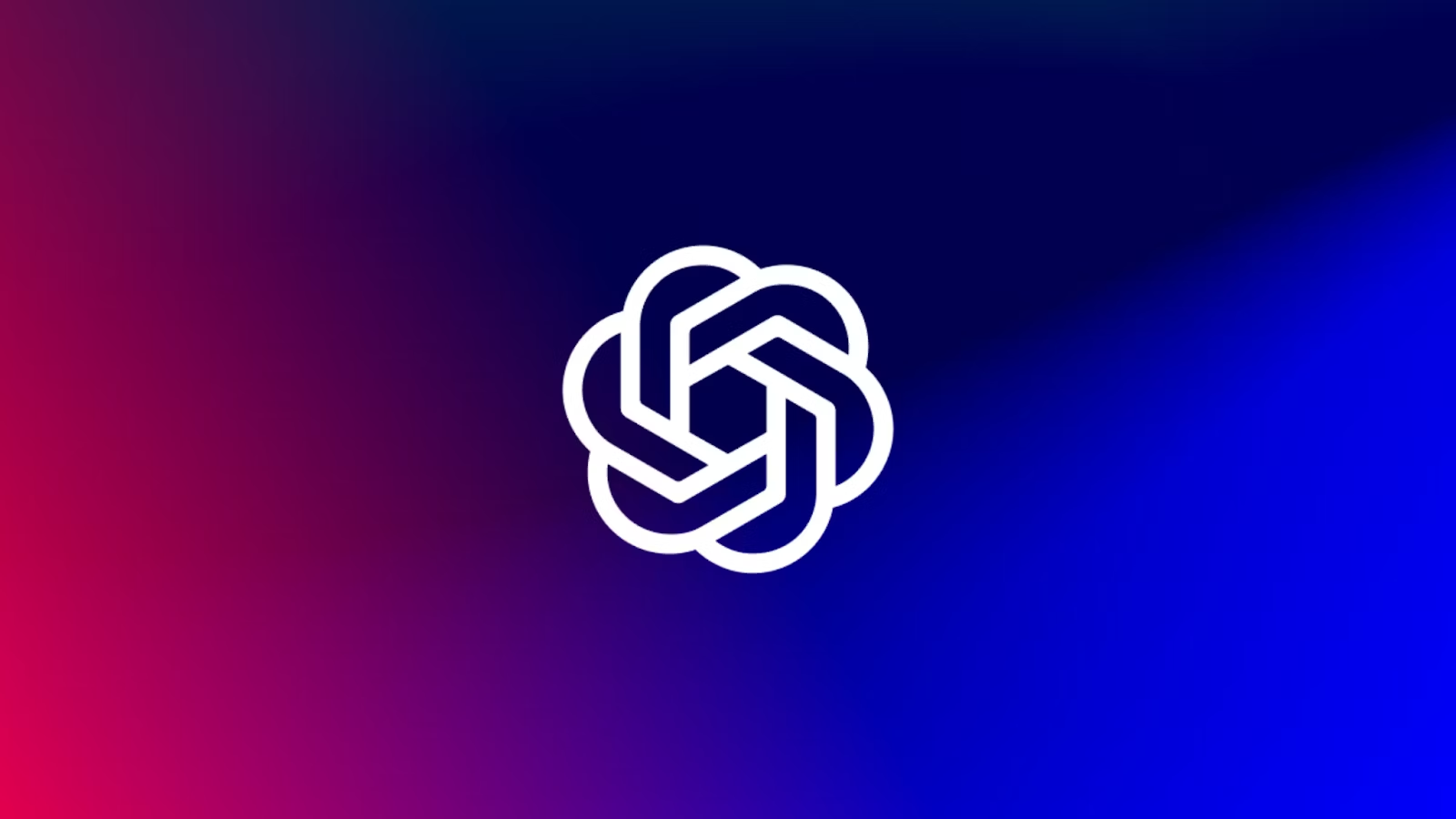OpenAI is reportedly testing a new watermarking system for images generated by free users of its ChatGPT-4o model. This move, spotted in a recent beta version of the ChatGPT Android app, suggests that images created by free users may soon include a visible watermark, while ChatGPT Plus subscribers would continue to generate images without watermarks.
The introduction of watermarks appears to be driven by several factors. First, the image generation capabilities of ChatGPT-4o have become incredibly popular, with many users creating stunning visuals, including those in the style of Studio Ghibli. This surge in usage has led to server overloads, prompting OpenAI to consider ways to manage resource allocation.
Second, the rise of AI image generation has sparked concerns about the potential misuse of the technology. Reports have indicated that the tool can create convincing fake documents, such as receipts and job offers, which could be exploited for malicious purposes. Watermarks could help to distinguish between AI-generated content and authentic visuals, mitigating the risk of deception. The AI industry has been pushing companies to add watermarks for AI-generated media, so one can easily distinguish between human and machine-generated content. Other AI chatbots like Gemini and Meta AI already add watermarks to all of their images.
Finally, watermarking images for free users could incentivize them to upgrade to a paid ChatGPT Plus subscription. By offering watermark-free image generation as a premium feature, OpenAI could attract more paying customers and further monetize its AI services.
The potential implementation of watermarks has generated mixed reactions. While some users understand the need for measures to prevent misuse and manage resources, others worry that watermarks could diminish the appeal and usability of the free image generation tool. Some might find the feature redundant if they have to pay to remove watermarks. Concerns among creatives have risen as the ethics of AI image generation has once again been called into question.
As of now, OpenAI has not officially confirmed the rollout of watermarked image downloads, and the final implementation may vary. However, the discovery of the "image-gen-watermark-for-free" code in the beta app suggests that the company is seriously considering this change.
In addition to the potential watermarking changes, OpenAI is also working on other updates and improvements to its AI models. CEO Sam Altman has shared updates about the company's roadmap. While GPT-5 remains highly anticipated, Altman recently confirmed that “before the flagship model, OpenAI is looking forward to launching o3 and o4-mini.” These models will reportedly go live “probably in a couple of weeks.” Altman added that GPT-5 will follow these releases within a few months. OpenAI has also confirmed that it's working on an ImageGen API, so developers can build their own products.
With over 700 million images generated and a rapidly growing user base, particularly in India, OpenAI's creative tools are gaining significant traction. As the company continues to refine its AI models and explore new features, it will be crucial to balance innovation with responsible use and accessibility.














